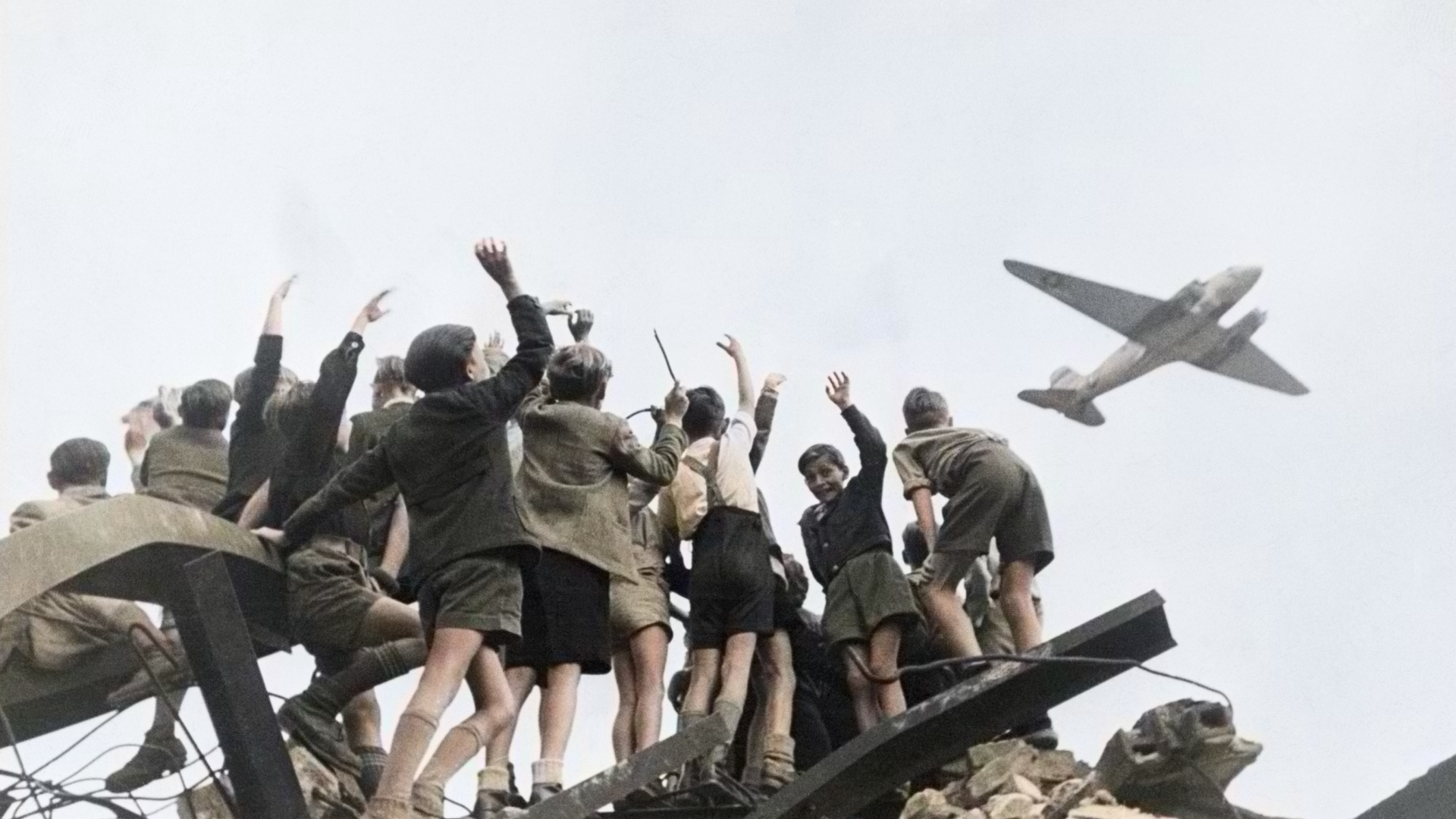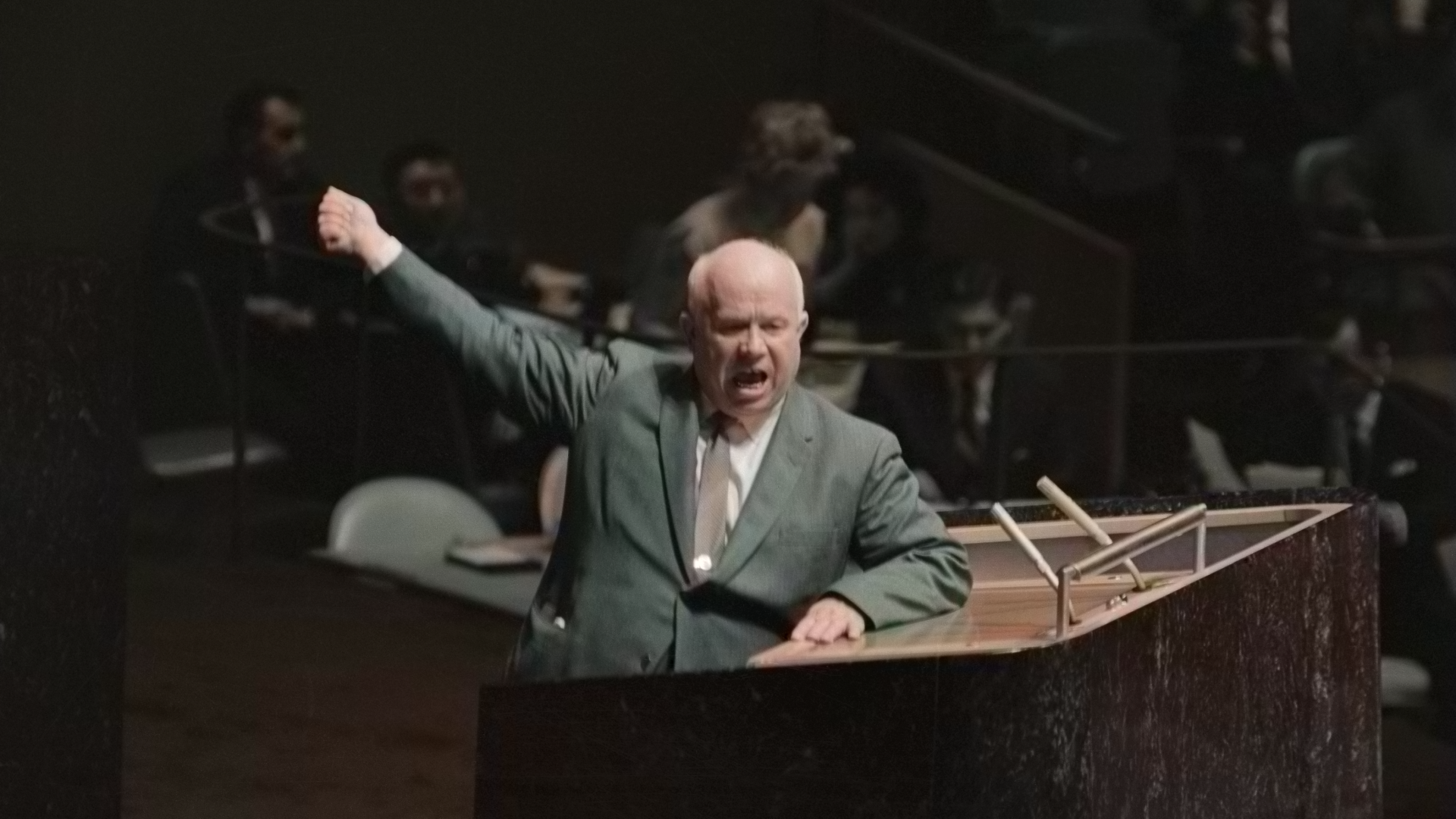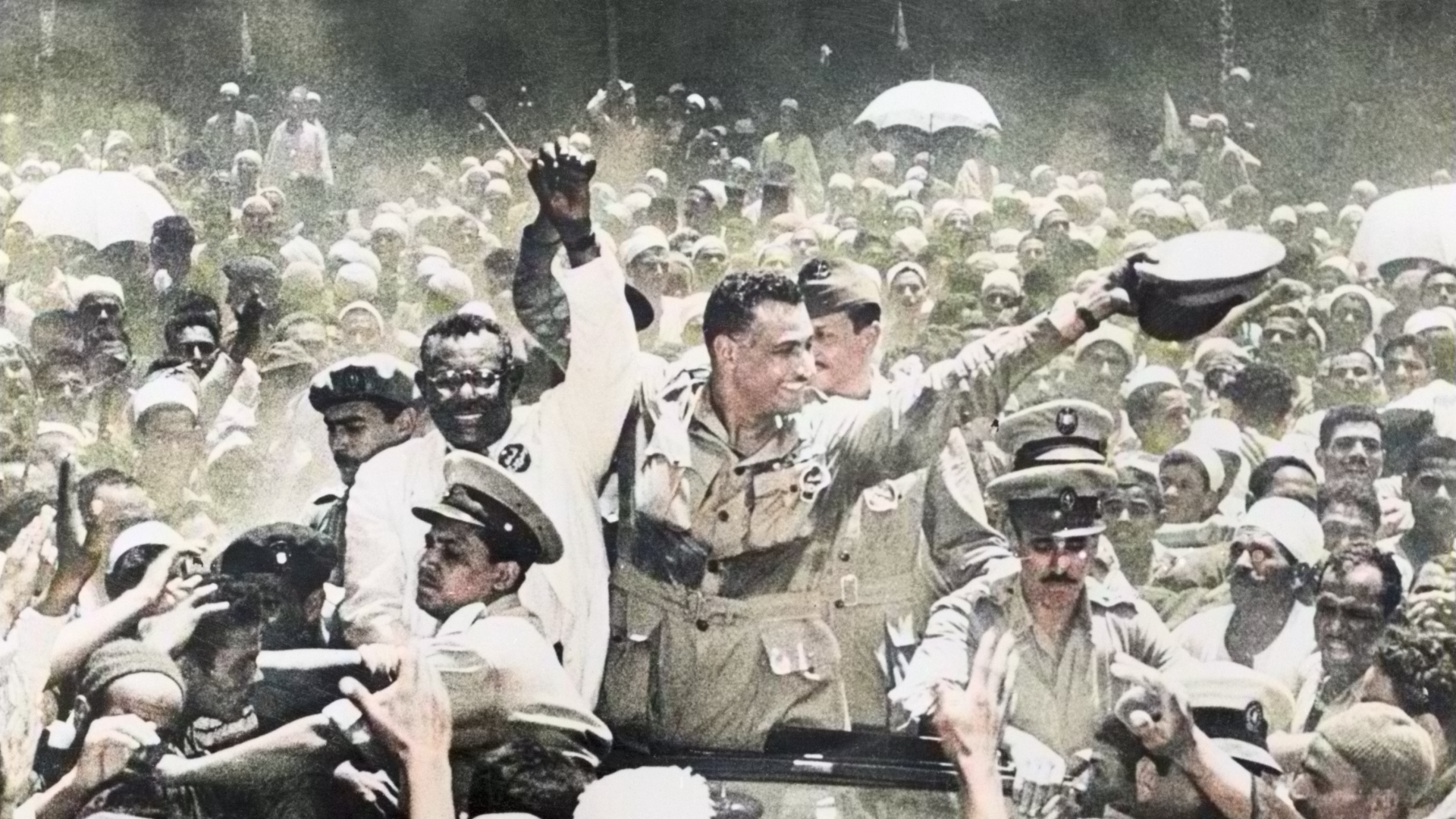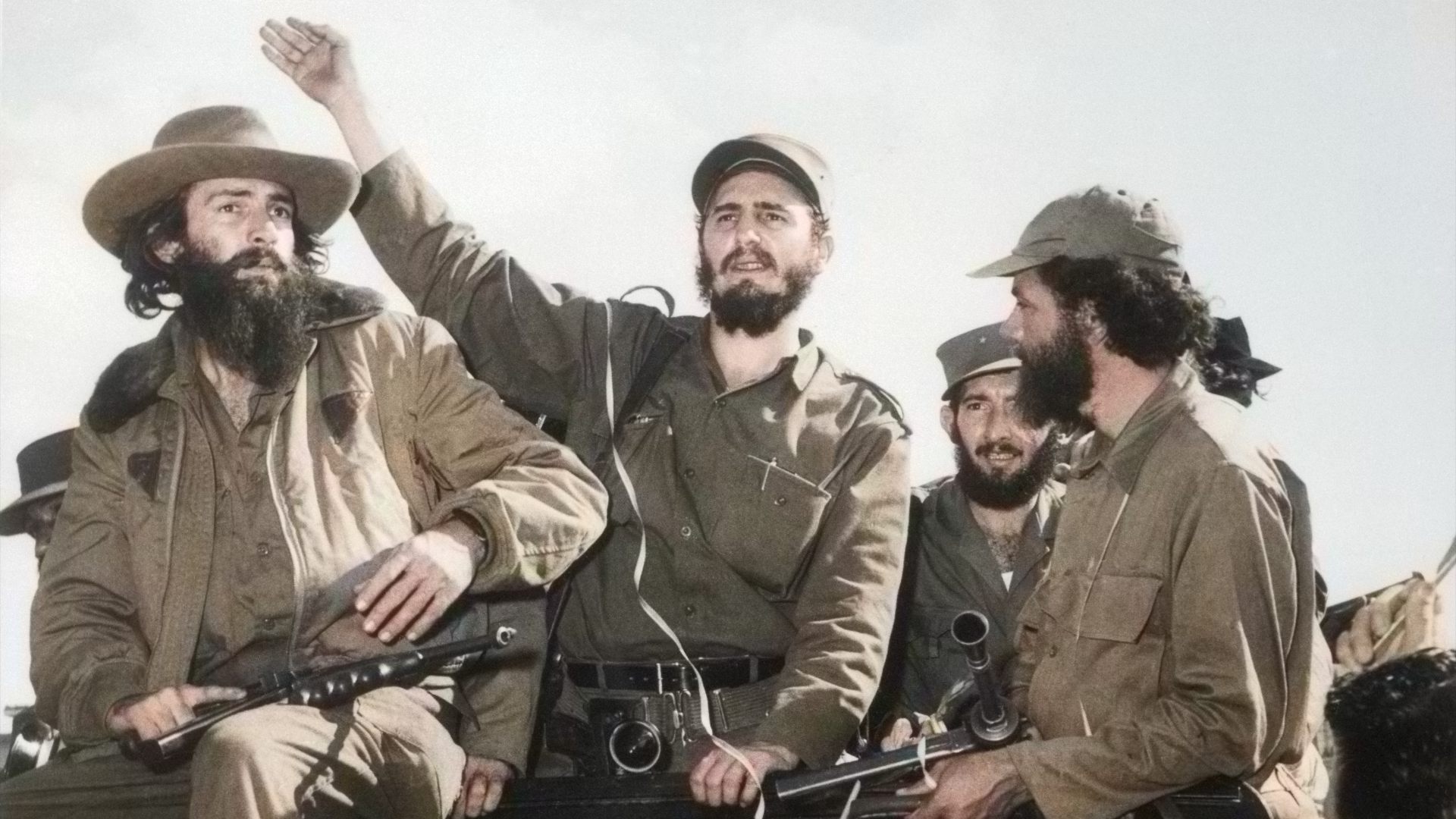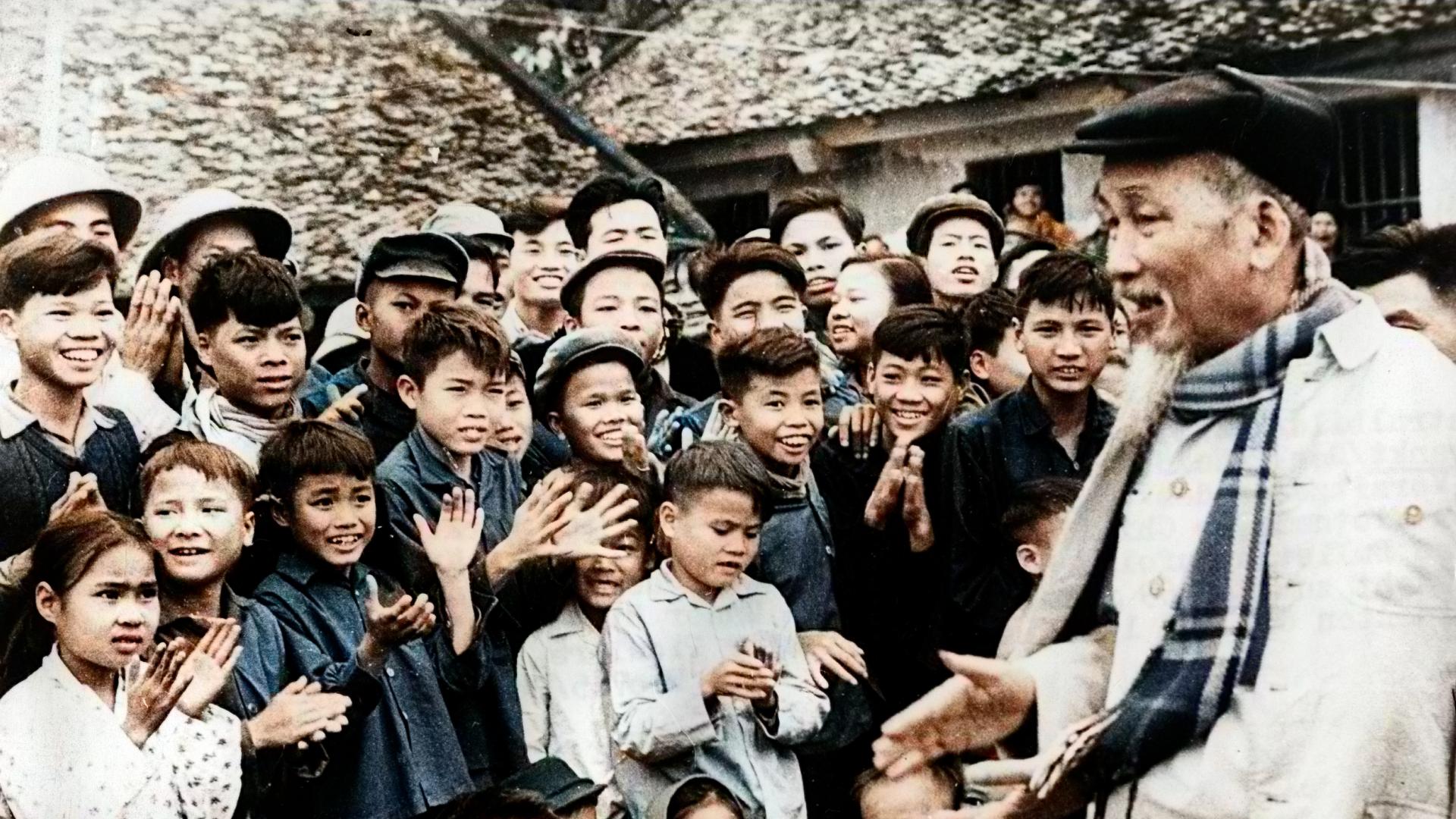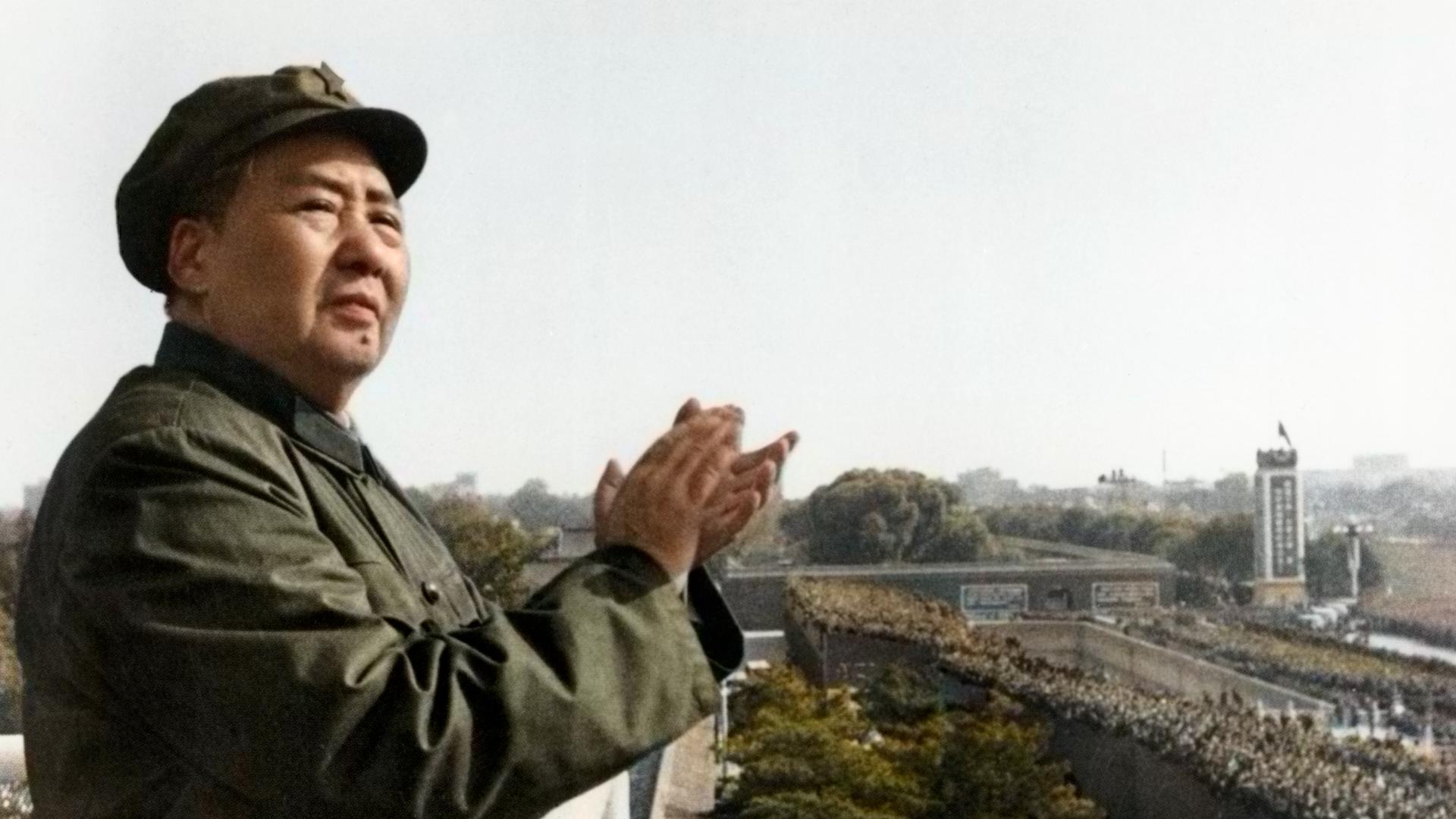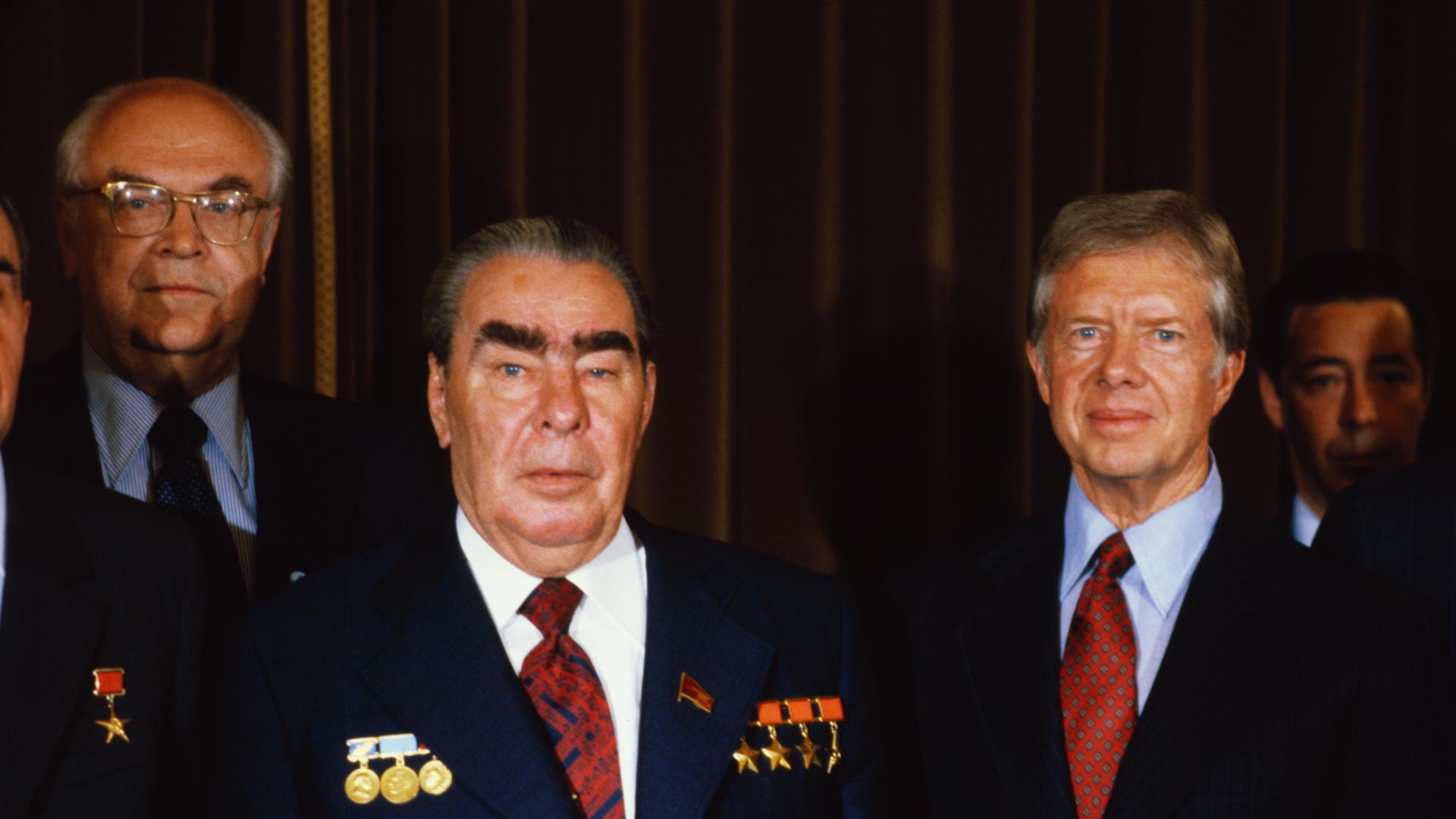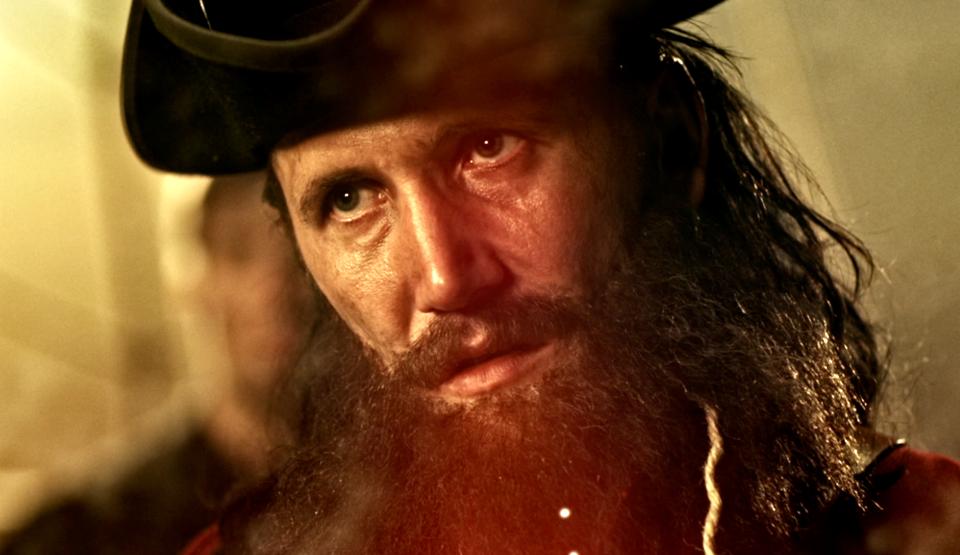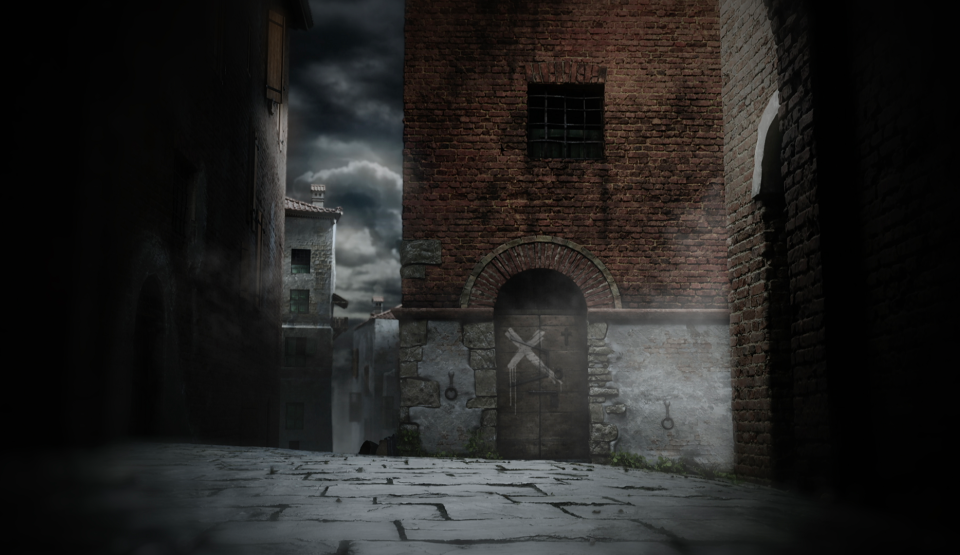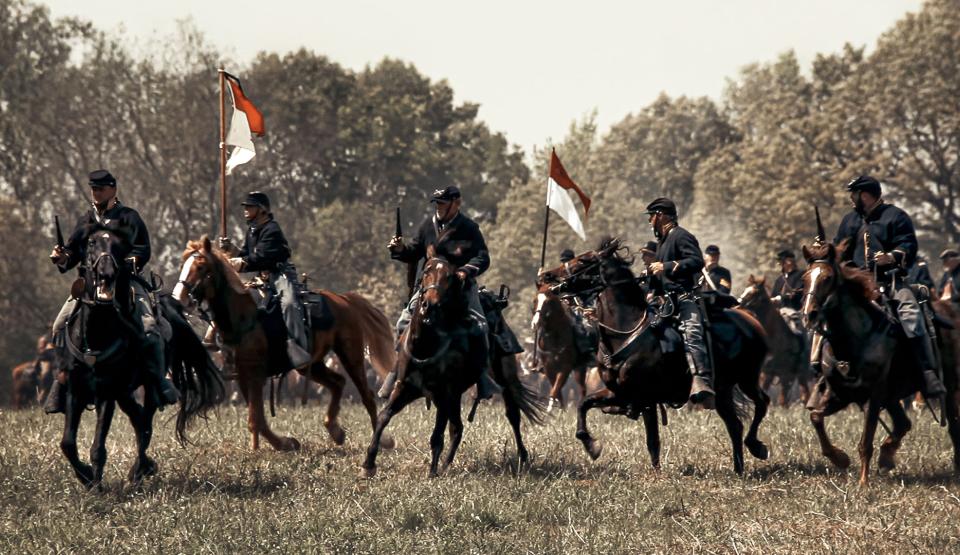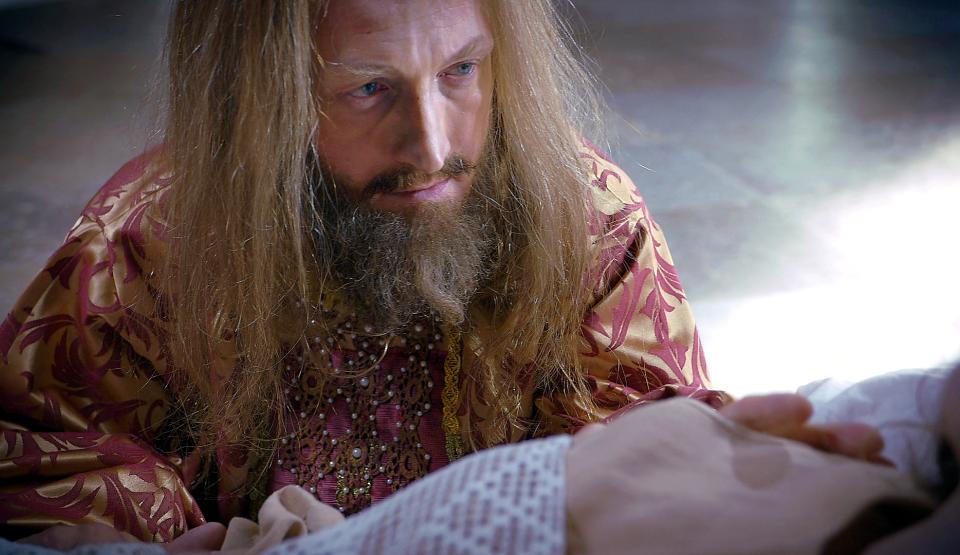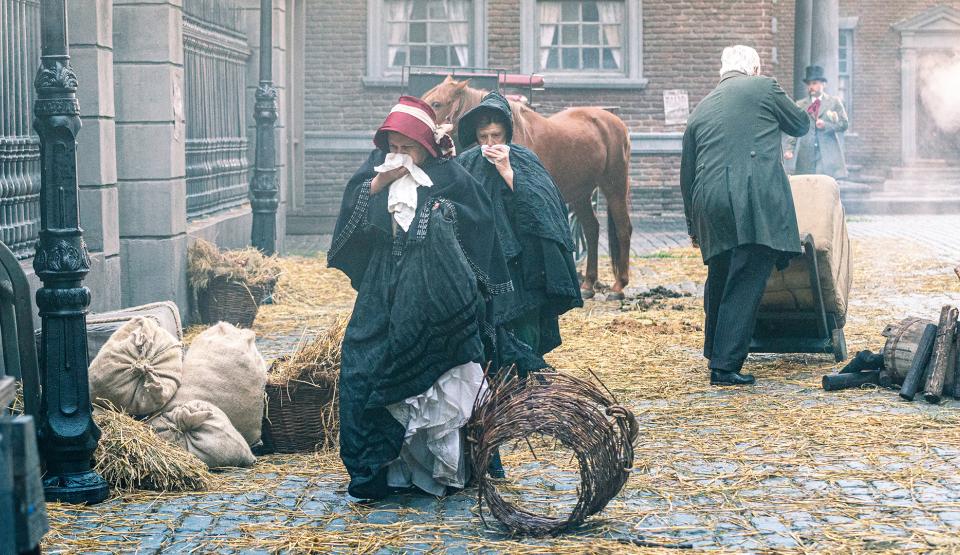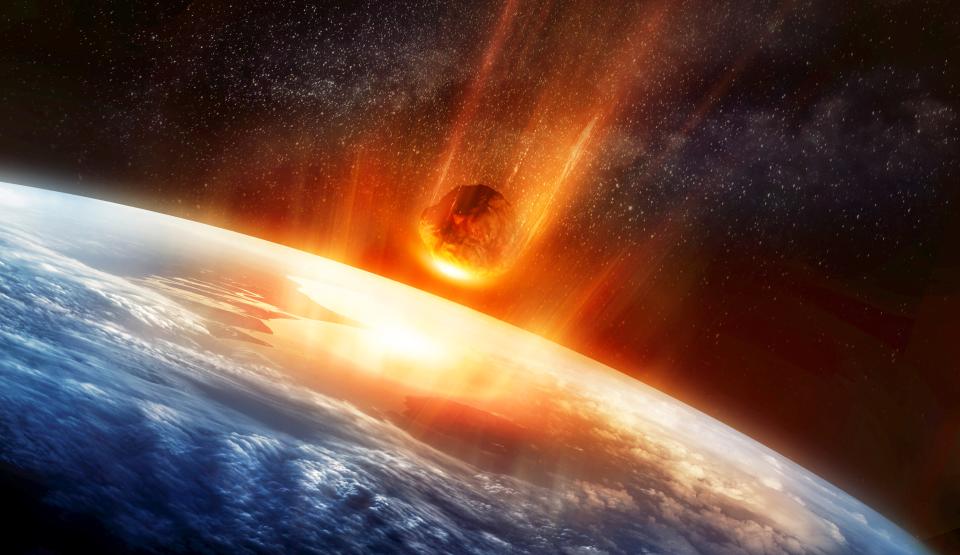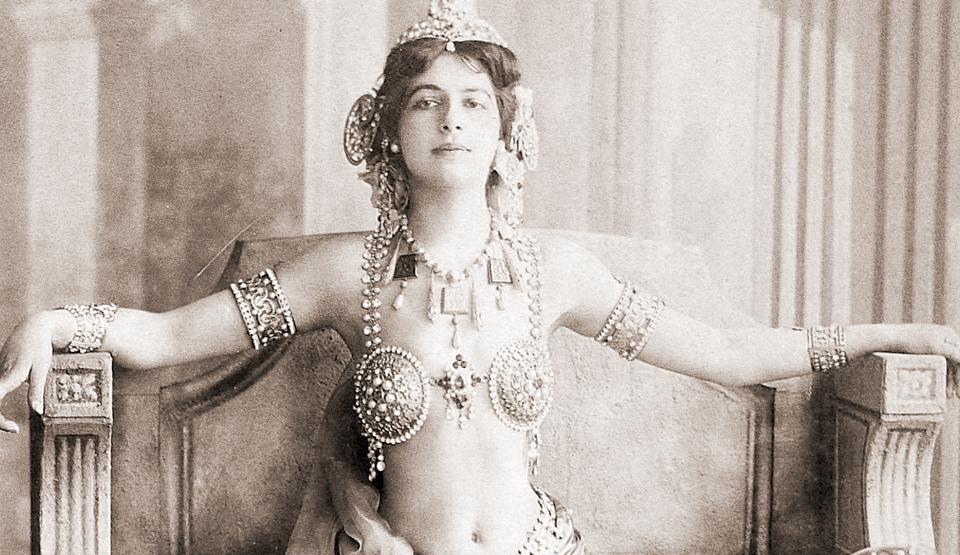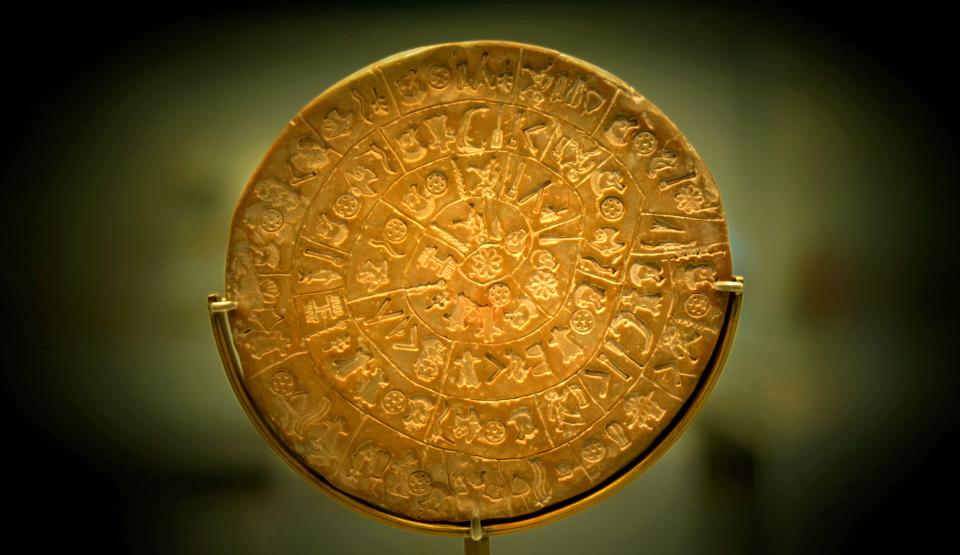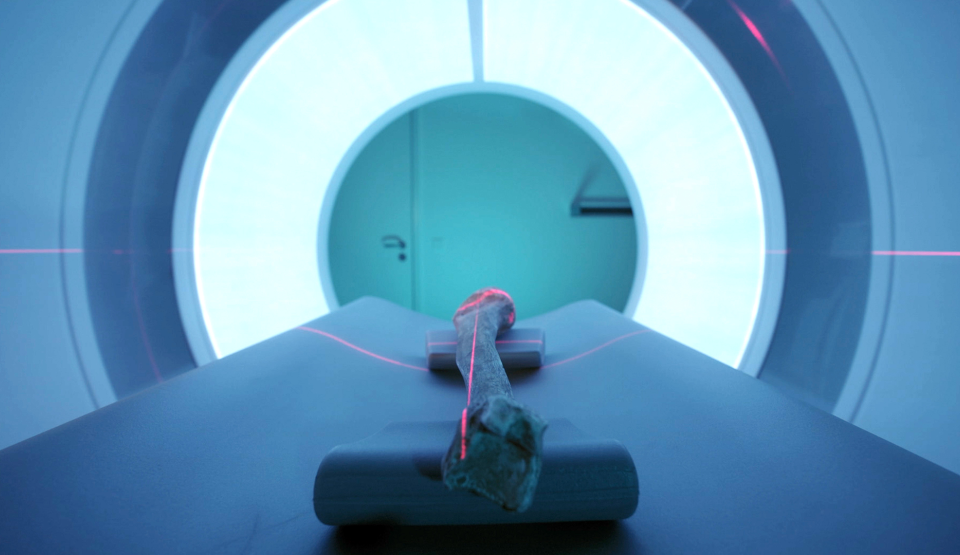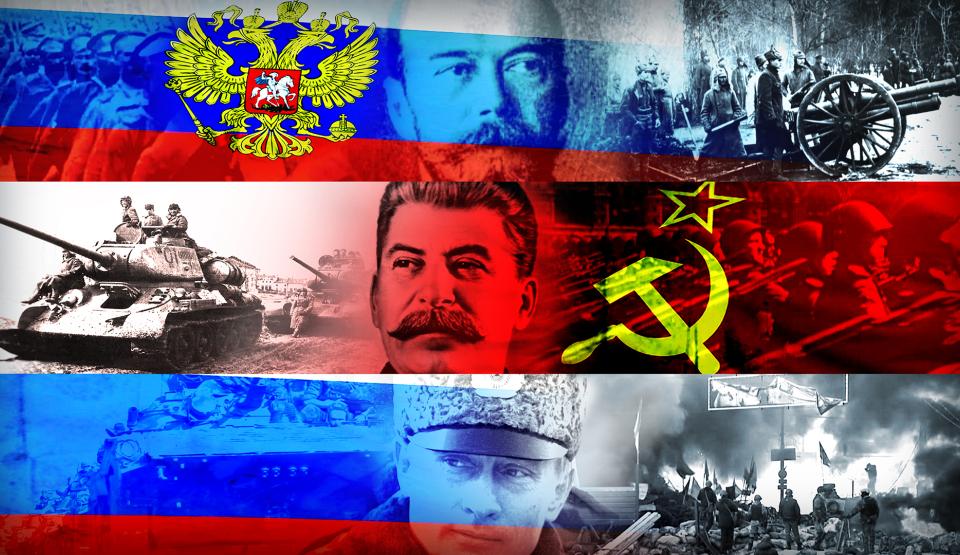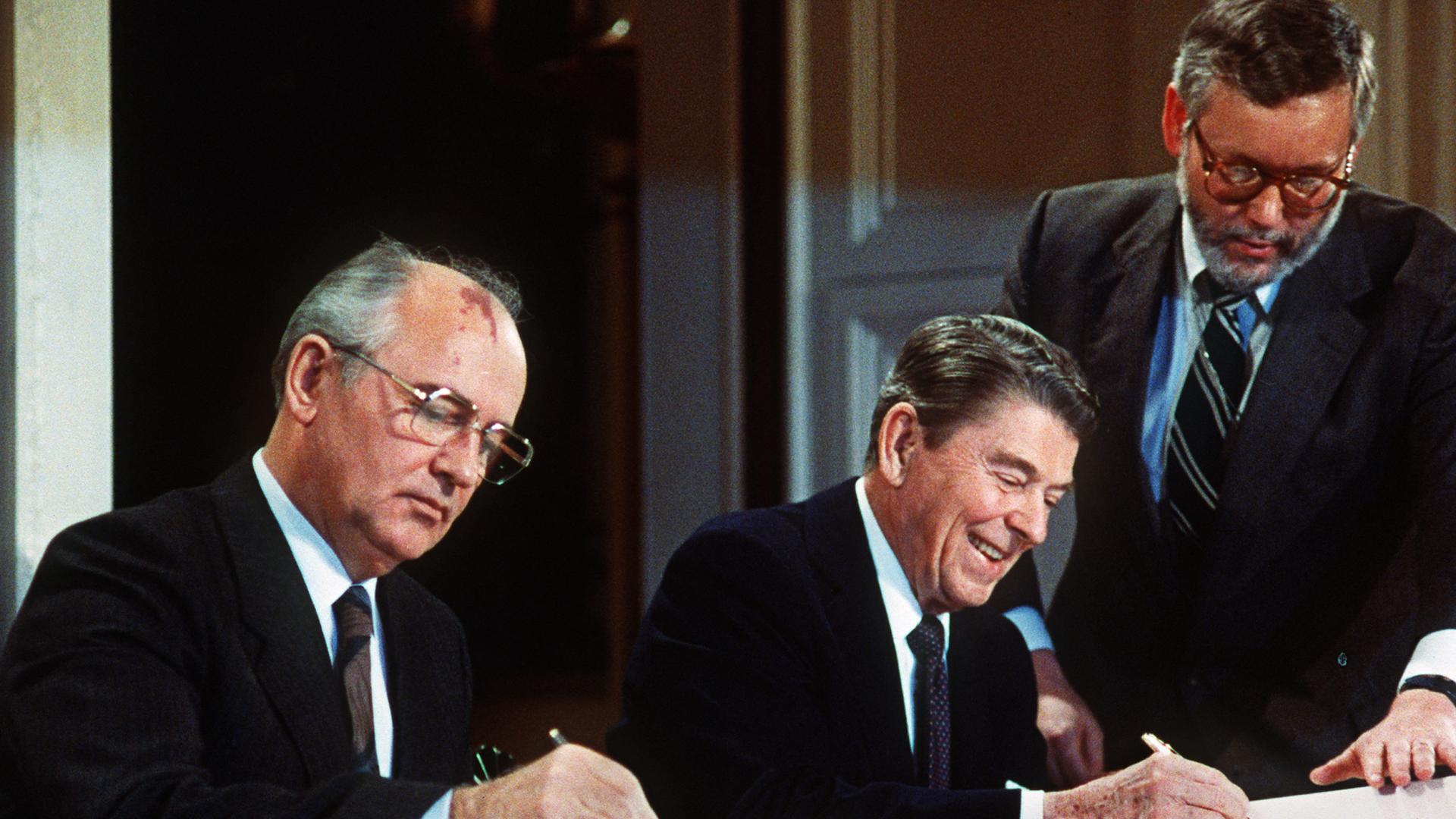
"The End" chronicles the pivotal final years of the Cold War, driven by the contrasting approaches of Ronald Reagan and Mikhail Gorbachev. Reagan, a fierce anti-communist, escalates pressure on the Soviet Union with his "Evil Empire" rhetoric and the ambitious Strategic Defense Initiative. His policies provoke alarm in Moscow, but also prompt engagement.
In 1985, Gorbachev emerges as a reform-minded Soviet leader. With glasnost and perestroika, he attempts to modernize the U.S.S.R. from within. Encouraged by allies like Margaret Thatcher, Reagan agrees to meet Gorbachev, leading to a series of high-stakes summits. Though their 1986 Reykjavik talks nearly reach a sweeping disarmament deal, disagreement over SDI stalls progress.
Despite setbacks, they achieve a breakthrough with the 1987 INF Treaty. Gorbachev, facing economic strain, begins withdrawing Soviet forces from Afghanistan and eases restrictions in Eastern Europe. Public unrest builds as his refusal to use force empowers movements for change.
Reagan’s 1988 Red Square visit and softened rhetoric reflect the thaw in relations. As he leaves office, Europe begins to shift. Gorbachev wins the Nobel Peace Prize, but internal pressures mount. The episode tracks how these final years of diplomacy, reform, and revolution set the stage for the Cold War’s end, without direct confrontation.
